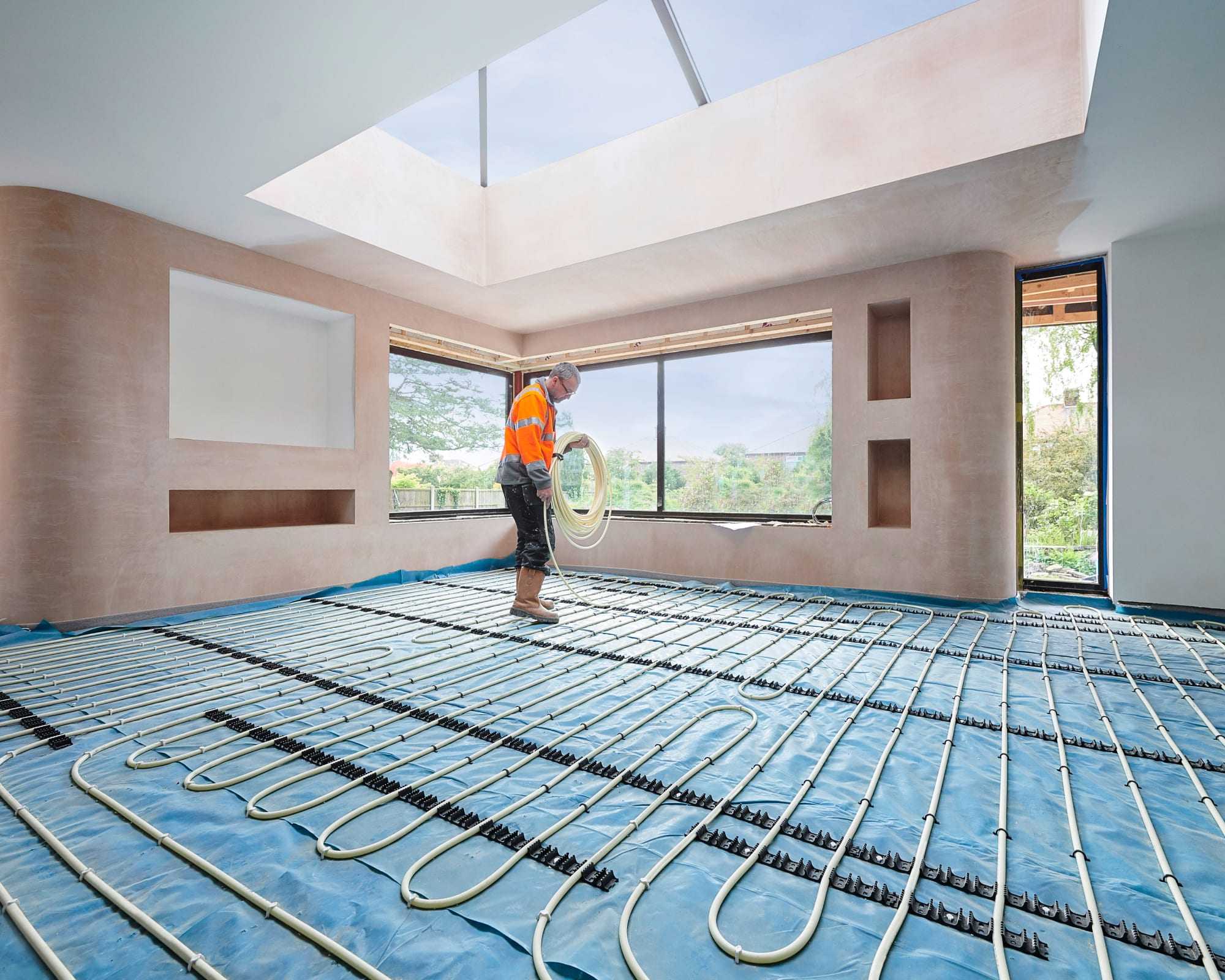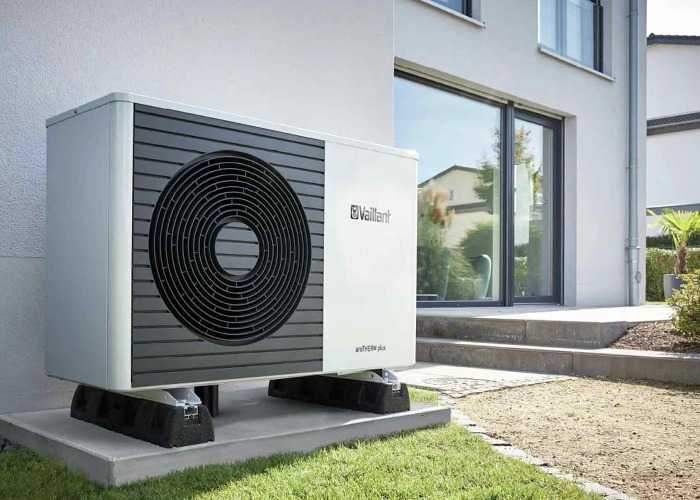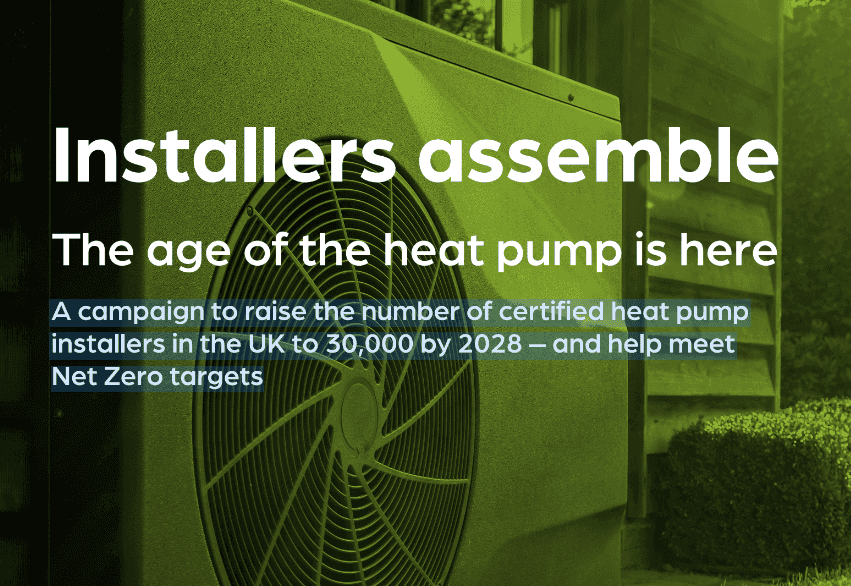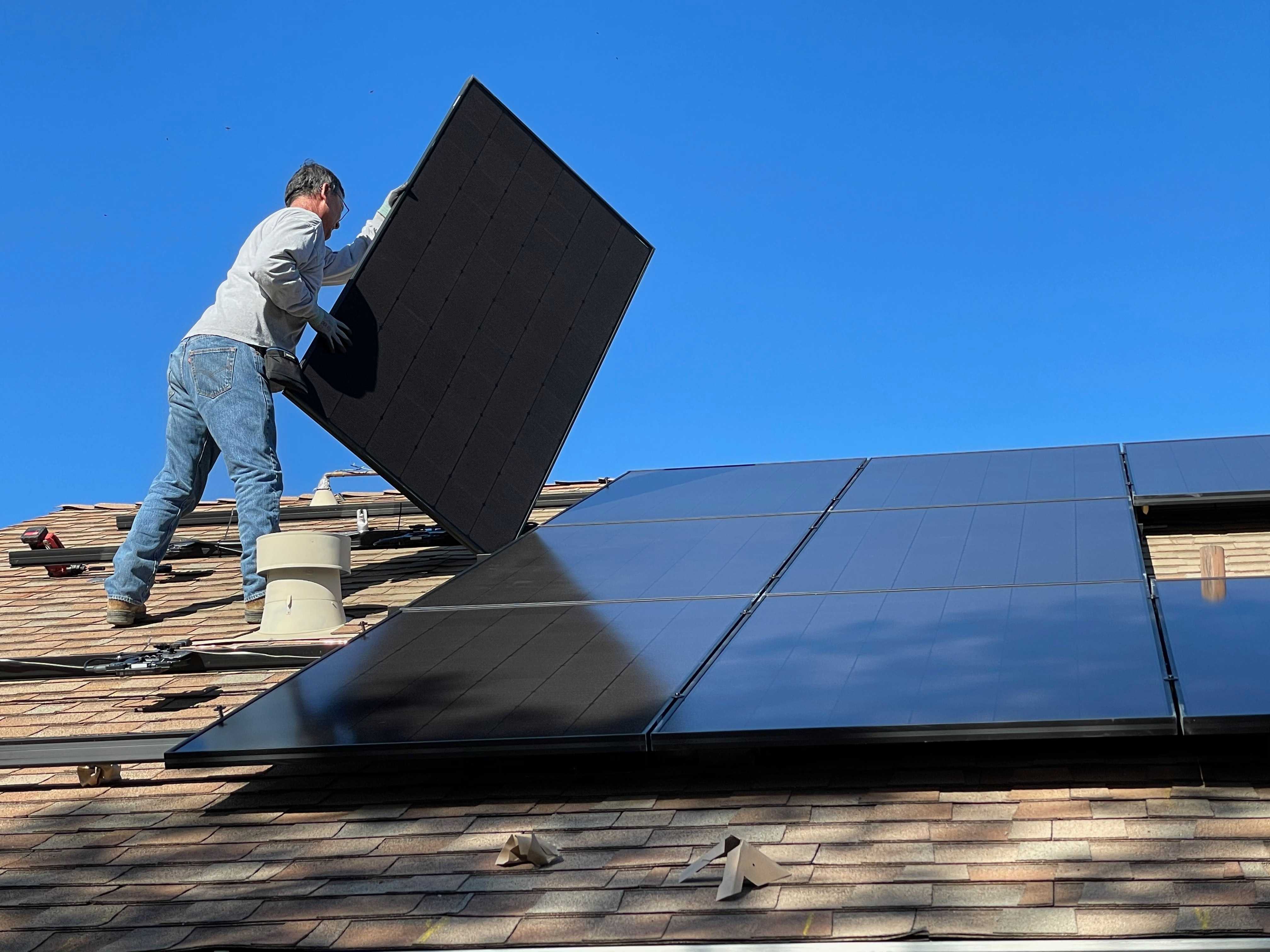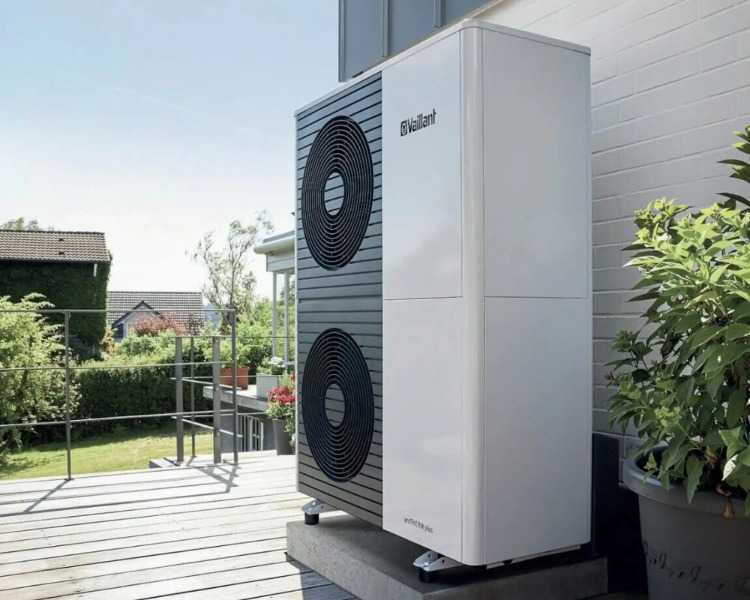
Do air source heat pumps have problems in cold UK weather?
Air source heat pumps are one of the most energy-efficient ways to heat your home through the entire year. They work just as well in cold temperatures, but there are a few things you can do to ensure an air source heat pump runs smoothly, no matter what the elements throw at it.
In this guide, we’ll answer a few of the most frequently asked questions and concerns when it comes down to problems with air source heat pumps in cold weather. However, it’s worth remembering that choosing an air source heat pump is one way to guarantee a consistent and reliable home heating system.
Do air source heat pumps still work in cold weather?
Yes! It’s equally possible to enjoy all the benefits of an air source heat pump in cold weather as it is through the milder months. Air source heat pumps can easily withstand up to at least -10°C, with some being durable enough to work at temperatures as low as -25°C.
With a gas boiler ban potentially being enforced as early as 2025 in the UK, now is the time to evaluate your home heating system and switch to a more sustainable one, regardless of the time of year.
Are air source heat pumps more or less efficient in winter?
Regardless of where it’s installed, the efficiency of an air source heat pump is determined by the heating demand it needs to meet. For instance, in a large household requiring large volumes of hot water and constant heating, it might not reach its potential efficiency.
When it comes down to cold climates, air source heat pumps are still one of the most efficient home heating solutions. Naturally, the unit will just need to work a bit harder to heat your house through freezing temperatures. They’re only slightly more efficient in warmer weather, as there’s an abundance of heat in the air to be absorbed into your home quickly.
Take Norway, for example. With long-standing government grants contributing to the installation of one heat pump for every four people, Norway’s impressive commitment to sustainable energy is proof that air source heat pumps are effective even in cold climates. The UK falls significantly behind the average number of heat pumps in European countries, and it’s clear that cold weather should not be a deterrent or an obstacle.
What about a ground source heat pump?
Unlike an air source heat pump, a ground source heat pump transfers heat to your home through pipes buried in your garden or outside space. The heat is absorbed into water flowing through these pipes and is then compressed, raising its temperature, before being transferred to your radiators or underfloor heating.
This type of heat pump could be more suitable for people living in extreme climates, as even when the ground freezes over, underground temperatures could be at least 10°C higher. However, it’s unlikely that you’ll need to choose a ground source heat pump if you’re living in the UK.
How should you use an air source heat pump in cold weather?
In order to avoid heating problems with your air source heat pump from cold UK weather, it’s a good idea to adapt your home to make sure you’re getting the most out of your heating system.
Ensure your home is well insulated
If your home isn’t well insulated, even the most efficient air source heat pump won’t help you save you money on your energy bills. It’s vital to make sure that once heat is distributed around your home, it won’t escape too quickly.
This involves investing in quality insulation, upgrading to double or triple-glazed windows, and keeping draughts to a minimum. It’s always worth learning how to insulate your home to stay cosy through the winter months.
Don’t cover your heat pump
While it might be tempting to cover the front of your air source heat pump to protect it from the worst of the elements, this could actually be counterproductive. It would block the airflow, reducing the overall efficiency of the unit and potentially leading to mould.
Instead, keep the fans clear to promote a good airflow to the unit. In winter, you can also use a defrost mode on certain models of air source heat pumps to prevent the pump from freezing.
Service your heat pump before winter
Getting your air source heat pump checked over by a trained professional before the worst of the weather will make sure that it’s working at optimum performance when you need it most. Being without central heating is inconvenient at any time, let alone in the middle of winter.
If you’re an installer, it’s crucial to let homeowners know how regularly they should service their heat pump units. Of course, this will vary on the specific model, so it’s worth talking to the green home experts before deciding which one to supply.
Try underfloor heating
Air source heat pumps work most effectively when the temperature required to heat your home is lower. One way to achieve this is to install underfloor heating throughout your home.
Here’s why: underfloor heating works by distributing warm water across a grid-shaped network of pipes under the floor. This creates a much larger surface area than just a single radiator or heating unit and disperses heat more evenly across a room.
Install larger radiators
By the same token, you could reduce the energy required to heat your home by replacing small radiators with larger ones. Thanks to their larger surface areas, the water flowing through them doesn’t need to be as hot as it would be in a smaller radiator to generate the same amount of heat for the room. In turn, your air source heat pump won’t need to work as hard.
How will I know if there’s a problem with my air source heat pump in winter?
There’s never a good time to experience faults with your heating, but problems with an air source heat pump in winter should be avoided wherever possible. Contact a qualified engineer straight away if you notice any of the following issues:
Cool air coming through vents
If you use an air-to-air heat pump or an air conditioning unit to heat your home, you should expect to feel warm air coming through the vents in winter. If the air feels colder, first check that your unit isn’t on a ‘cool’ setting. Cool air may indicate a potential leak of the refrigerant liquid flowing through the pipes. You’ll need to call out an engineer in this case.
A sharp rise in your heating bills
If your energy bills don’t seem to line up with your usage, there could be an underlying issue with your air source heat pump in cold weather. After spotting any unusual new patterns in your energy bills, make sure you contact your energy provider first. Once you’ve established that you’ve not been overcharged, it could be sensible to get in touch with your pump installer.
Ice build-up
During the winter months, it’s normal for your air source heat pump unit to get covered in snow, since it’s exposed to all weather conditions. You don’t need to worry about snow resting on top, but it’s worth investigating if you notice that the entire unit is covered in ice that reaches the insides of the coil.
How can you ensure your air source heat pump works through winter?
It’s advised to allow your air source heat pump to run without interference, as long as you’re getting it professionally serviced every two to three years. However, there are two simple steps to ensure you can keep your unit running at optimum efficiency:
Keep the area around your pump clear to ensure a generous supply of air into the unit. This involves checking frequently for any snow, leaves, or debris trapped in the fan’s grilles and trimming back any evergreen plants growing nearby.
Leave your air source heat pump to run according to the manufacturer’s instructions – heat pumps always work best when left alone.
Create your efficient home with Energy Efficiency
It’s never too late to switch to an air source heat pump, and there’s no need to be put off if you live in an area with a cold climate. If you’re looking to improve the efficiency of your home heating system throughout the year, an air source heat pump makes an innovative and highly efficient solution.
Whether you’re a private homeowner, a landlord or an installer, contact us today to see what we can do for you. We’re experts in offering heating solutions tailored to your individual needs, helping to carve a greener future for everyone.
